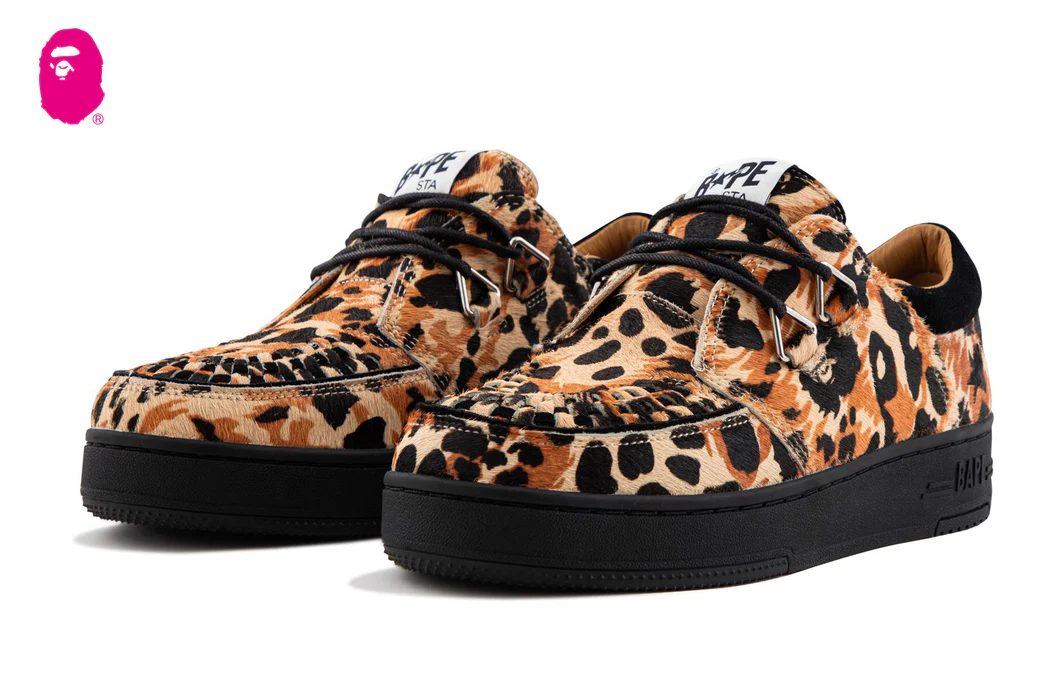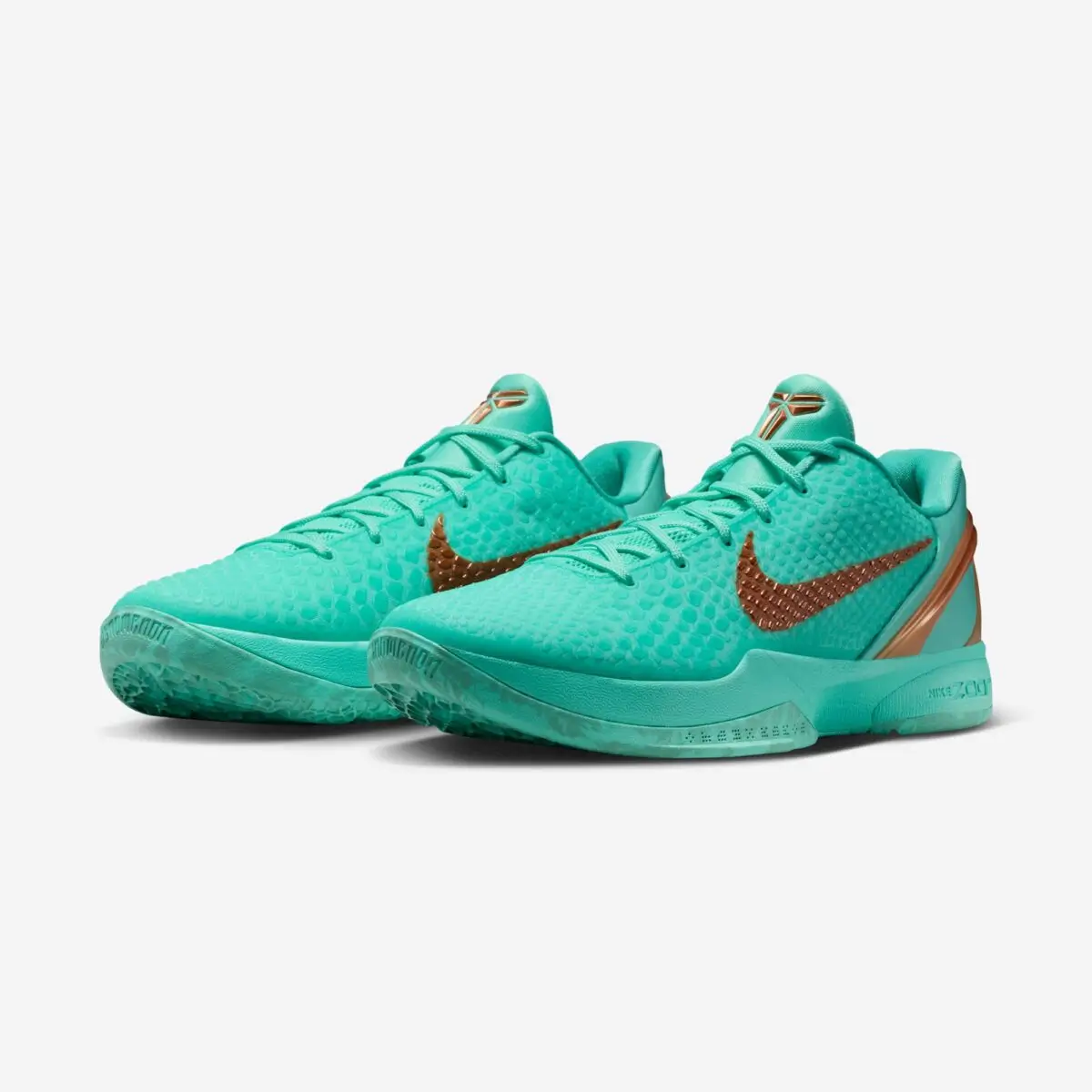On May 7th, Nike will release what is arguably one of the most emotionally resonant shoe tributes of the year—the Nike Air DT Max ’96 “Love Letter to Connie.” In a culture that often celebrates flash, nostalgia, or performance, this release dares to get personal. It’s not just another retro silhouette dipped in fresh colors.
It’s a heartfelt homage from football legend Deion Sanders to the woman who shaped his life—his late mother, Connie Knight Sanders.
This shoe is more than design and air bubbles. It’s grief translated into gratitude. Its memory turned artifact. And for those who understand what it means to carry the love of a mother into adulthood, sports, and legacy, this kick hits different.
Legacy of the Air DT Max ’96
Before diving into the tribute, let’s revisit the DNA of the DT Max ’96. Originally released in the pithy of Nike’s golden age—1996—the shoe was part of the Diamond Turf series, designed specifically for Deion “Prime Time” Sanders, a once-in-a-generation two-sport phenom who played both in the NFL and MLB. The DT Max ’96 stood out with its aggressive overlays, lockdown fit, and versatile turf-ready outsole—built for the explosiveness of Deion’s play on both grass and dirt.
Visually, the model exudes audacity. A mid-top silhouette with claw-like leather overlays across the upper, high-volume Air Max cushioning in the heel, and a midfoot strap for lockdown—everything about the shoe screams “prime time.” It was flashy. It was functional. And it was deeply personal to Sanders’ identity as a player who refused to be boxed in.
Now, almost three decades later, the shoe is reimagined as a canvas for reflection—not just a tool for dominance.
Color As Emotion: A Red-Tinged Tribute
The “Love Letter to Connie” edition keeps the technical specs of the OG DT Max ’96 intact but bathes the shoe in a palette meant to evoke emotional warmth. University Red, Red Crush, and White dominate the colorway. The upper arrives in supple University Red leather, layered with deeper crimson overlays that mimic the original’s claw marks—but here, they read like tender protection, a symbolic embrace.
A sharp White Swoosh pierces through the side panels, providing visual relief and calling back to the original Nike DNA. The Swoosh placement also grounds the shoe in familiarity—this is still a DT Max—but now, it’s one with a beating heart underneath the armor.
Adding a unique touch is the Pink-tinged Air unit, visible through the heel. It’s subtle, almost imperceptible at first glance, but unmistakably deliberate. Pink—often associated with femininity and love—gently softens the aggression of the DT Max. It’s a poetic flourish: the toughest player’s shoe now carries a soft pulse of maternal memory.
Interior Meaning: “Love You Ma”
Perhaps the most poignant feature of the shoe lies on the insoles. Printed in a script font, barely hidden from view, are the words: “Love You Ma.” It’s an intimate message—one that doesn’t scream for attention but whispers directly from Deion’s heart. It’s the kind of detail that transcends marketing; it’s there for him, and for anyone who’s ever wanted to say “thank you” to the person who shaped them.
This one line transforms the sneaker from a product into a memorial object. In an industry often driven by hype and scarcity, this edition finds value in sentiment—something that can’t be resold or traded on StockX.
Design Symbolism and Hidden Narratives
The use of leather across the upper carries metaphorical weight. Leather is organic, imperfect, and strong—much like the maternal bonds this shoe honors. The way the red overlays slice across the upper—originally meant to symbolize Deion’s “turf claws”—can now also be seen as ribbons of memory or embraces frozen in time.
There’s a restraint in this release that’s worth noting. In an age where collaborations often throw maximalist design and storytelling into a single shoe, the “Love Letter to Connie” is sparse, controlled, even sacred. Nike lets the color and minimal text carry the emotion. There are no gimmicks. No nods to social media virality. Just design with intentional depth.
Even the Dark Red midsole and outsole provide more than tonal balance—they evoke grounding. They keep this love letter rooted, solid, held down. Like a mother’s love: always there, holding it together beneath the surface.
Beyond the Hype: Cultural Resonance
In the context of sneaker culture, tributes like this hold rare value. Yes, we’ve seen homages before—shoes named after players’ family members, charity colorways, etc. But rarely has a performance retro been this deeply personal. It speaks not only to Deion’s bond with his mother, but also to the way black athletes often carry legacy, grief, and love into every space they enter—from the locker room to the boardroom.
Deion Sanders, now a football coach and cultural icon beyond his playing days, has made no secret of the role his mother played in his life. She supported him through poverty, hardship, and scrutiny. The “Love Letter to Connie” is a reminder that no one succeeds alone, and that behind even the most alpha personas, there often stands a woman who made sacrifices no one saw.
Release Details: May 7th, 2025
The Nike Air DT Max ‘96 “Love Letter to Connie” will release on May 7, 2025, through select Nike Sportswear retailers and Nike.com. Priced at $170, the shoe will likely be in high demand—not just among fans of Deion Sanders or nostalgic collectors of 90s turf shoes, but among sneaker lovers who appreciate design with soul.
The drop will include a special-edition box featuring the same red colorway, with floral graphics and a handwritten “Love You Ma” detail printed inside the lid—completing the story arc in a physical way.
Impression
At a glance, the Nike Air DT Max ’96 “Love Letter to Connie” is a good-looking shoe. But when you look deeper, it becomes something more powerful. It becomes a story told in suede and stitching. A message left in leather. A quiet prayer wrapped in Swoosh branding.
In a year of flashy releases, celebrity-driven capsules, and AI-generated design campaigns, this sneaker reminds us why sneaker culture matters: because the best shoes don’t just look good. They mean something.
No comments yet.








